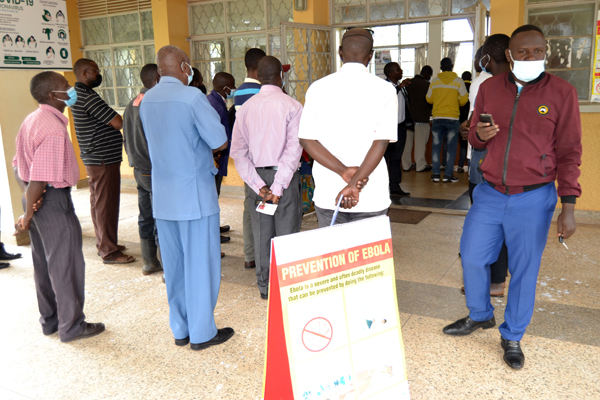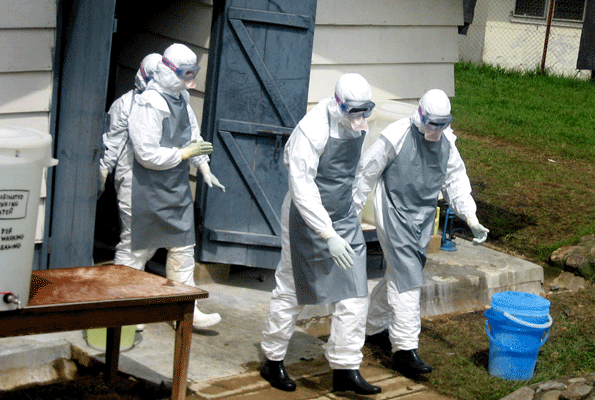Prime
Don’t ignore other diseases, Atwine tells health workers

The Permanent Secretary in the Ministry of Health, Dr Diana Atwine
What you need to know:
- Dr Patrick Mugurusi, the country manager of Amref Health African in Uganda, said the world is experiencing a global health insecurity and that preventing infections is the best way to guard against such crises.
The Permanent Secretary in the Ministry of Health, Dr Diana Atwine, has tasked health facilities to strike a balance between containing Ebola and attending to other health conditions that are equally life-threatening.
Dr Atwine told Monitor at the weekend that other hospital services, including routine vaccination of children against diseases such as polio, measles, among other health services were not being given due attention.
“We have other diseases claiming lives, so maintain vigilance in hospitals on the services. The coverage health indicators are pathetic. What pains us is that the districts that are remote are performing better than those in urban areas,” Dr Atwine said.
She said measles coverage in the Kampala Metropolitan area is far below the required national average of at least about 80 percent.
“Measles coverage in Mukono District is about 40 percent while in Wakiso, it is about 30 percent. This worries us because if these services are not provided, they will become a challenge,” Dr Atwine said.
Global health crisis
Dr Patrick Mugurusi, the country manager of Amref Health African in Uganda, said the world is experiencing a global health insecurity and that preventing infections is the best way to guard against such crises.
“In future, bad health is going to be the biggest form of insecurity, we are already seeing it now, and outbreaks like bird flu, Covid-19, and Ebola are increasing. We are also experiencing diseases related to poor nutrition either due to starving or malnutrition or obesity. We are seeing more injuries. For example, 50 percent of patients in the surgical ward at Mulago Hospital are because of traffic road accidents,” he said.
“The population must think about prevention, how do you keep your hands, teeth and body clean, how do you prevent getting infected with HIV, TB, malaria and non communicable diseases such as high blood pressure, diabetes? Behavioural change can help us get rid of most of the diseases,” Dr Mugurusi added.
He also said Amref was partnering with the Ministry of Health, among other stakeholders, to champion a behavioural change campaign to prevent Covid-19 infections.
“We are doing direct implementation where we are targeting to reach out to 6 million households. The global campaign, which covers other East African countries such as Kenya and Tanzania, targets to reach out to 3 million people. We are encouraging people to wash hands, sanitise and get vaccinated against Covid-19,” he said.




